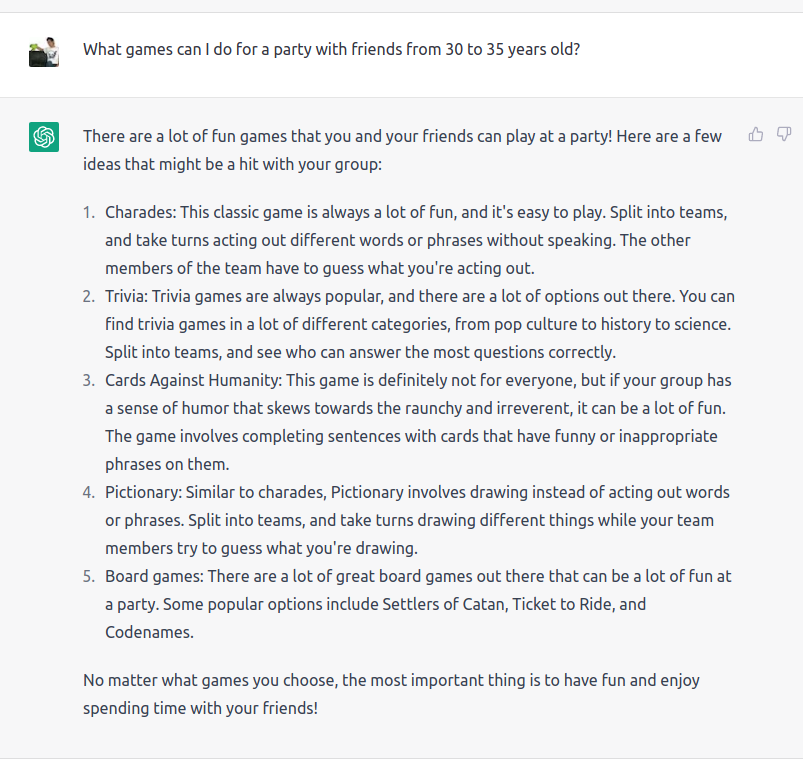If you've ever been in love or in love, chances are you've felt a deep attraction to someone. In some cases, this attraction can become an obsession, which can seriously affect your daily life and emotional well-being. Obsession is a mental state characterized by excessive preoccupation with someone or something, which can interfere with the person's ability to lead a normal and happy life.
How does the obsession originate?
The obsession can have its origin in various circumstances. In some cases, it may be the result of a traumatic experience, such as a painful breakup or emotional abandonment by someone you loved. In other cases, it may be the result of low self-esteem, a need for love and attention, or a lack of self-confidence. Sometimes the obsession develops as a way to escape from reality or as a way of coping with anxiety or stress.
What is the difference between love and obsession?
Love and obsession are two different emotions and it is important to understand the differences in order to have healthy and fulfilling relationships.
Love is a feeling of affection, caring, and mutual respect that develops over time through emotional connection and compatibility with another person. Love involves accepting the other person as they are, valuing their qualities, being empathetic, and having open and honest communication. Love is based on the desire to make the other person happy and on a commitment to support them in the different stages of life.
On the other hand, obsession is an intense emotion that can become unhealthy. It is characterized by a constant need to be close to someone, to control their actions and to be aware of their life. Obsession is unhealthy as it is based on possession and control of the other person, which can lead to manipulation, bullying, and violence. Obsession can also manifest as excessive jealousy and a need to control the other person.
Tips for not obsessing
If you start to like someone and feel like you are becoming obsessed with them, there are several things you can do to reduce these thoughts and regain control of your life before it becomes a serious problem. Here are some tips for not obsessing:
Take time for yourself
It's important to spend time doing activities you enjoy, such as reading a book, watching a movie, exercising, or hanging out with friends. In this way, you can distract yourself from your obsessive thoughts and improve your mood.
Avoid constant communication
If you find yourself in a situation where you're constantly communicating with the person you're obsessing over, try to reduce contact. You can try limiting the time you spend talking to this person, or even cutting off contact altogether if necessary.
Seek support from friends and family
Talking with friends and family can be a great help in overcoming an obsession. You can share your feelings with them and seek their emotional support.
Learn to recognize your obsessive thoughts
If you are aware that you are having obsessive thoughts, it is important that you acknowledge and accept them as such. Do not try to suppress them, as this can only make the situation worse. Instead, try to understand why you are having these thoughts and what you can do to control them.
Tips to stop obsessing
If you find yourself in a situation where you become obsessed with someone and cannot control your thoughts and feelings, you may need to seek professional help. Here are some tips to stop obsessing:
Seek the help of a professional
If the obsession is seriously affecting your daily life and emotional well-being, it is important to seek professional help. A psychologist or therapist can help you understand why you are obsessing over someone and develop strategies to overcome this obsession.
Learn to accept reality
If you are obsessed with someone who is not interested in you, it is important that you learn to accept reality and let go. Try to focus on other things that you like and that make you feel good about yourself.
Avoid constantly checking their social networks or looking for information about that person
The digital age has made it easier to keep up with other people's lives, but it can also foster obsession. It's important to remember that what you see on social media doesn't always reflect reality, and it can be easy to get lost in comparison and envy. If you find yourself constantly checking the social media of the person you're obsessing over, try to reduce the time you spend online and focus on your own activities and relationships.
Seek emotional support in other areas of your life
If you feel like you're obsessing over someone, it's important to seek emotional support in other areas of your life. It may be a good idea to talk to friends and family, get involved in new hobbies or activities. The goal is to distract yourself and focus on other important things in your life that make you happy.
Avoid constant comparison
A common way that obsession originates is by constantly comparing yourself to someone else. It can be easy to think that someone is perfect, but the truth is that we all have our own strengths and weaknesses. Try to remember that comparisons are not fair and do not help you grow or advance in your own life.
Accept your feelings and allow yourself to feel them.
When you're obsessed with someone, it's easy to try to bottle up your feelings and try to ignore them. But this is not healthy in the long run. Instead, it's important to accept your feelings and allow yourself to feel them. Acknowledge that you are experiencing strong emotions, but don't let them control you.
Work on your self-esteem and self-love
Sometimes the obsession can arise as a result of low self-esteem or lack of self-love. If this is the case, it is important that you work on your self-esteem and learn to love yourself. Do things that make you feel good about yourself, like exercising, eating right, getting enough sleep, and doing things you're passionate about.
Learn to let go
Finally, if you've been obsessed with someone for a long time, it can be hard to let those feelings go. But it's important to remember that holding on to something that isn't reciprocated or isn't making you happy will only cause you pain and frustration. Learn to let go and move on with your life.
How does obsession affect our daily life?
Obsession can have a huge impact on our daily lives. It can affect our mood, our relationships, and our ability to focus on our daily tasks. Here are some examples of how obsession can affect our lives:
Anxiety and depression
The obsession can lead to feelings of anxiety and depression, especially if the obsessed person feels that he cannot control her thoughts or emotions. Anxiety and depression can negatively affect our mental and physical health.
Social isolation
The obsession can cause the obsessed person to become socially isolated. They may lose interest in other people and activities and focus solely on the person who obsesses them. This can have a negative impact on existing relationships and make it difficult to form new friendships.
Low self-esteem
The obsession can lead the obsessed person to constantly compare themselves to the person obsessing them and to feel that they are not good enough. This can have a negative impact on self-esteem and self-confidence.
Difficulties at work or school
The obsession can make the obsessed person have a hard time concentrating at work or school. They may waste time checking the social media of the person who obsessed them or constantly thinking about them instead of doing their homework.
When the obsession begins to have a great impact on our daily lives it is important to take steps to control it and seek all possible help if necessary. With time and practice, we can overcome the obsession and regain control over our thoughts and emotions.


























Comentarios